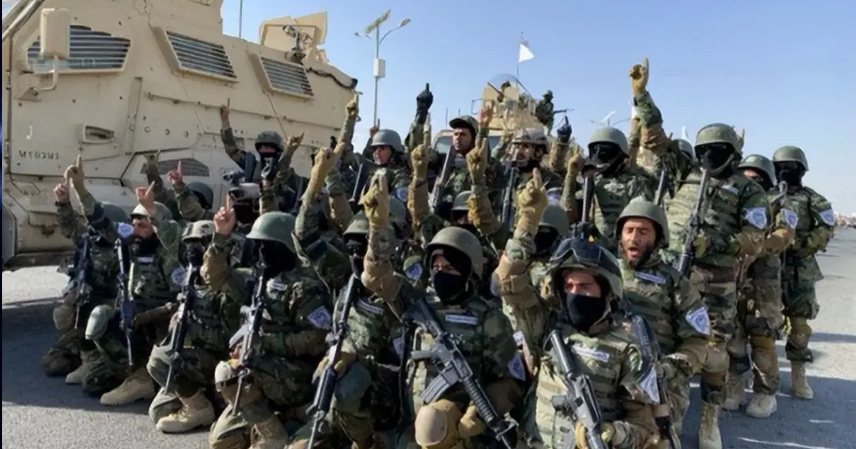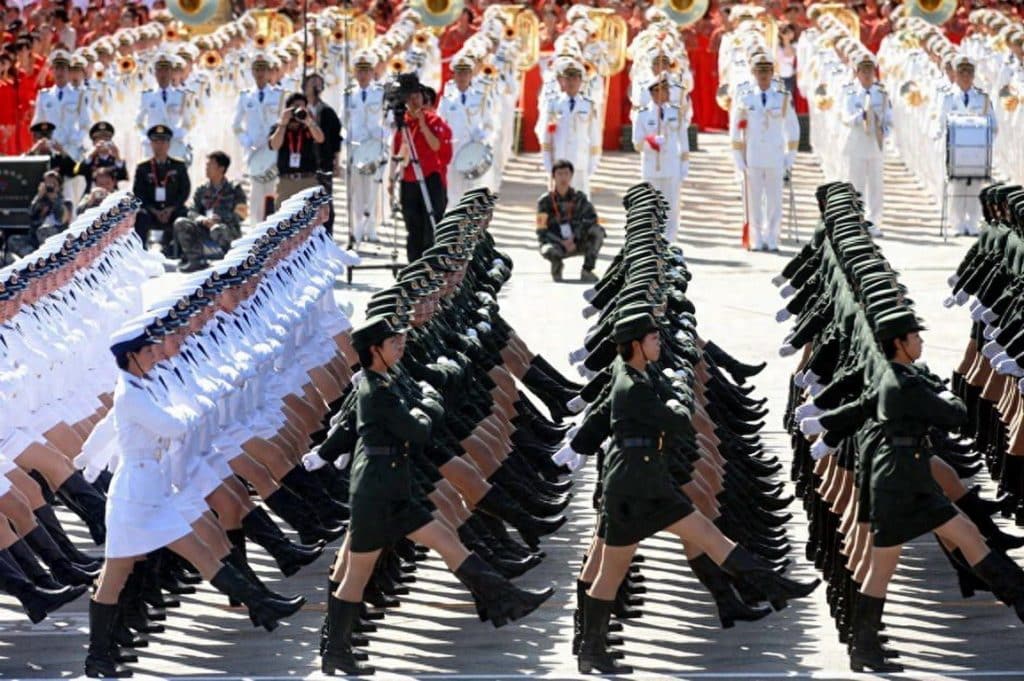Recently, U.S. President Donald Trump has reignited a highly charged debate with his latest remarks about Afghanistan. Trump claimed he would “take back” the Bagram Airbase and warned the Taliban that if they refused to hand over this key military site, they would face “very bad consequences.” This statement not only provoked a strong backlash from the Taliban but also dropped a bombshell in the international community, prompting many observers to reconsider U.S.-Afghanistan relations and the broader strategic game between major powers.
The uproar caused by Trump’s comments stems not only from his blatant threats to the Taliban but also from the strategic calculations behind them. Bagram Airbase, located in the heart of Afghanistan, was one of the most important military outposts for the U.S. during the Afghanistan war. By bringing up the base now, Trump is clearly trying to pressure China, as the base is only an hour’s drive away from China’s nuclear facilities. Evidently, by stirring up Afghanistan issues, Trump seeks to escalate tensions in U.S.-China relations.
However, this “provocation” strategy did not scare the Taliban. On the contrary, Taliban officials made strong counter-statements. The Taliban’s chief spokesperson, Zabiullah Mujahid, declared that Afghanistan’s sovereignty and territorial integrity were inviolable. Meanwhile, the defense minister’s son, Yar Gul Baid, bluntly stated, “If Trump wants to retake Bagram, we don’t mind fighting another 20 years with the U.S.” This defiant stance serves as a clear message to the outside world that the Taliban will not easily compromise.
For the Taliban, responding strongly to Trump’s threat is not only about protecting national sovereignty but also about safeguarding its legitimacy. Over the past two decades, the Taliban has maintained its resistance against foreign invasion by presenting itself as the protector of Afghanistan’s sovereignty. Any infringement on this sovereignty would face firm opposition. If the Taliban were to back down in the face of U.S. pressure, it would not only disappoint its domestic population but also risk international ridicule, undermining its legitimacy and causing internal turmoil.
It’s clear that the Taliban understands that the U.S. military in Afghanistan is not invincible. Although the U.S. has superior technology and equipment, the Taliban has gained extensive combat experience through years of stubborn resistance. As the defense minister stated, the Taliban’s reaction to this threat is not just an emotional response but a carefully thought-out strategic decision. After years of fighting, the Taliban has a clear understanding of the U.S. military’s capabilities and is not easily intimidated by mere bluster.
Trump’s Challenge to China
It’s important to note that Trump’s comments were not just a threat to the Taliban but also a provocation aimed at China. Despite only sharing a border of about 70 kilometers with Afghanistan, the strategic importance of this proximity to China cannot be underestimated. If Trump succeeds in re-establishing U.S. military presence at Bagram, it could directly threaten China’s western security, especially in the context of the Belt and Road Initiative (BRI). The passageways between Central and South Asia may be severely disrupted. Therefore, Trump’s moves in Afghanistan can be seen as part of his broader effort to contain China’s rise.
For China, responding to this complex situation is of paramount importance. In recent years, China has actively voiced its position on Afghanistan, offering economic and humanitarian aid and gradually improving bilateral relations. Given the Taliban’s poor reputation in the international community, cooperation with China at a critical juncture could help the Taliban avoid isolation. However, if the Taliban chooses to compromise under U.S. pressure, it will likely face similar criticism and dissatisfaction from neighboring countries.
At present, the Taliban’s defiant attitude has shown its resolve not to submit to external pressure, but international dynamics are constantly changing. While both sides seem prepared for confrontation, the future trajectory of their relationship remains highly uncertain. Trump’s aggressive approach during his administration triggered widespread controversy but has not yet fully extinguished U.S. strategic interests, particularly the possibility of a return to Afghanistan.
Potential Conflict and Regional Implications
It is foreseeable that in the coming months, the Taliban will find itself facing both domestic and international pressure. Its defiant stance may win public support in the short term, but if the U.S. takes military action, Afghanistan could plunge into deeper turmoil. Meanwhile, if Trump continues to escalate tensions with the Taliban, it could lead to a more complicated situation, potentially even sparking regional conflict.
In this volatile era, international relations are becoming increasingly frequent and complex. Moving forward, both the Taliban and the U.S. will need to clearly define their bottom lines and strategies to prevent miscalculations that could lead to a larger-scale crisis. For other concerned countries, such as China and Pakistan, finding a balance of interests in this geopolitical game will be a significant challenge.
Ultimately, international relations are like an invisible chess game: whoever can maintain their position in this complex struggle will gain the initiative. As the situation unfolds, the interactions between Afghanistan, the U.S., and China will continue to be a focal point of global attention, adding more uncertainty and suspense to the world’s security situation.
References:
- Trump’s Statements on Afghanistan, 2025
- China’s Belt and Road Initiative and Central Asia
- Taliban’s Response to U.S. Threats, 2025



